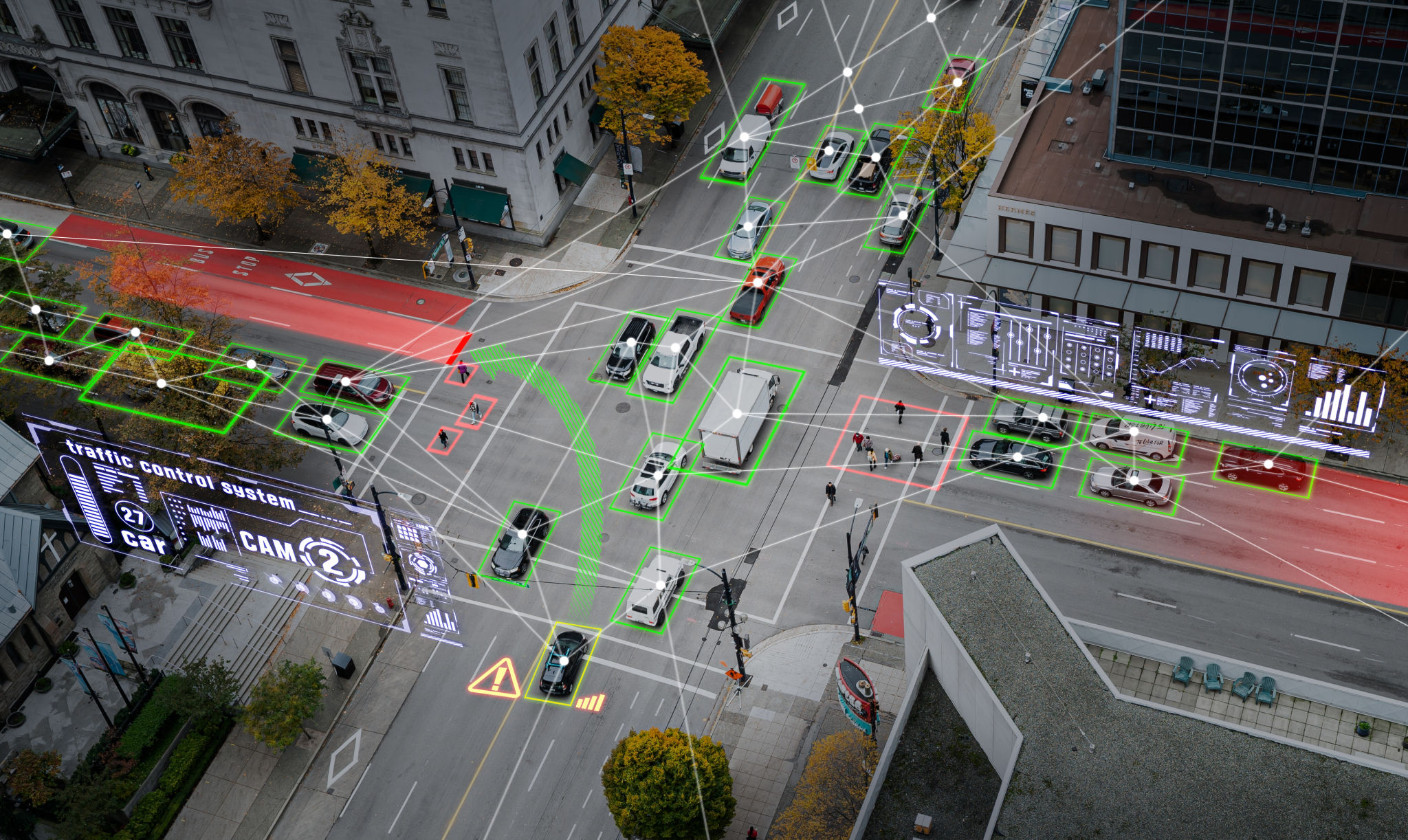Exploring the Rise of Micro-Mobility Solutions in Spain
The Surge of Micro-Mobility in Urban Areas
In recent years, Spain has witnessed a significant transformation in its urban transportation landscape. The rise of micro-mobility solutions, including e-scooters, shared bicycles, and electric skateboards, has gained considerable traction in major cities like Madrid, Barcelona, and Valencia. These innovative modes of transport offer a more sustainable and efficient way to navigate the bustling streets.
One of the primary drivers behind this shift is the growing concern over environmental issues. As cities strive to reduce their carbon footprint, micro-mobility provides an eco-friendly alternative to traditional vehicles. With zero emissions and minimal space requirements, these solutions are ideal for short-distance travel, making them increasingly popular among urban dwellers.

Government Initiatives and Support
The Spanish government has played a pivotal role in promoting micro-mobility solutions. By implementing policies that encourage the use of shared mobility services, authorities are fostering a culture of sustainable transportation. Initiatives such as dedicated bike lanes, subsidies for e-scooter companies, and public awareness campaigns have been instrumental in this regard.
Moreover, local governments are collaborating with tech companies to create smart infrastructure that supports micro-mobility. The integration of IoT technology in urban planning is enhancing route optimization and ensuring the safety of riders by minimizing accidents and congestion.

Challenges and Opportunities
Despite the numerous benefits, the rise of micro-mobility in Spain is not without its challenges. Issues such as regulatory compliance, safety concerns, and infrastructure development need to be addressed to fully realize the potential of these solutions. Local authorities are working towards establishing comprehensive regulations that ensure rider safety while promoting innovation.
On the flip side, micro-mobility presents significant opportunities for businesses. The burgeoning demand for shared mobility services has led to the emergence of several startups and partnerships with established transportation companies. This sector's growth is expected to create new job opportunities and stimulate economic activity in urban areas.

Impact on Urban Lifestyle
The advent of micro-mobility solutions is reshaping urban lifestyles in Spain. With the convenience of on-demand rides, commuters can now bypass traffic jams and reach their destinations faster. This shift not only saves time but also reduces stress associated with daily commuting, leading to an improved quality of life.
Furthermore, these solutions are fostering a sense of community by encouraging shared usage and interaction among residents. As people embrace these new modes of transport, there is a noticeable change in how they perceive and engage with their surroundings.
The Future of Micro-Mobility
As Spain continues to innovate and adapt to the evolving transportation needs, the future of micro-mobility looks promising. With advancements in technology and infrastructure, these solutions are expected to become even more integrated into the fabric of urban living. The continued collaboration between government bodies, tech companies, and citizens will be crucial in driving this transformation.
In conclusion, the rise of micro-mobility solutions in Spain marks a significant step towards sustainable urban development. By embracing these changes, cities are not only improving transportation efficiency but also contributing to a cleaner, greener future.